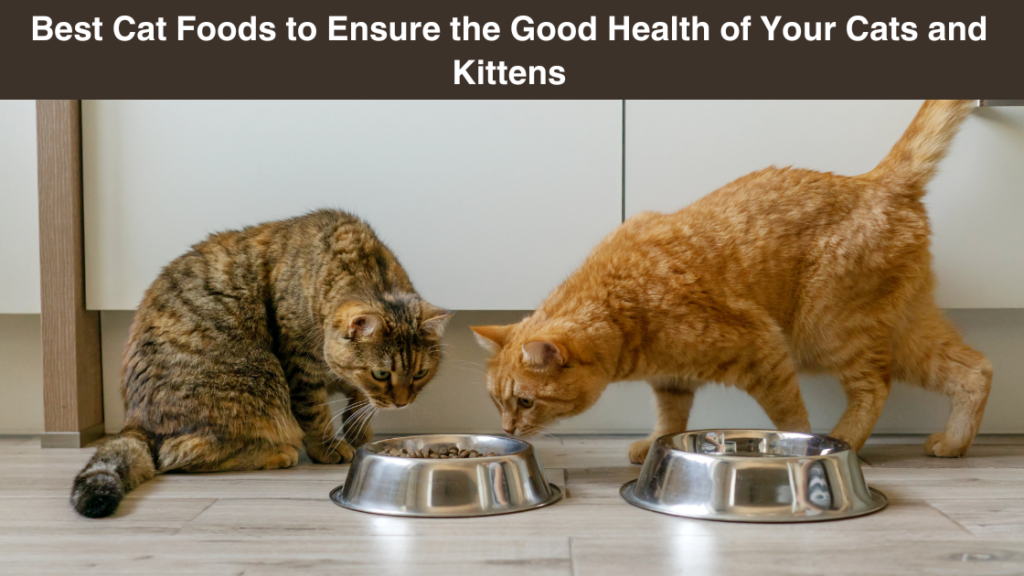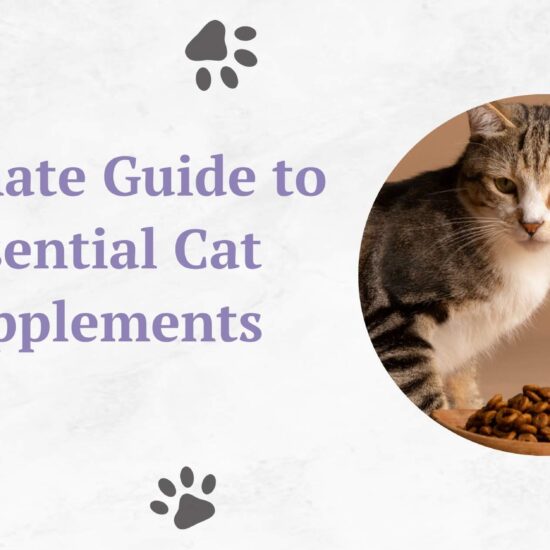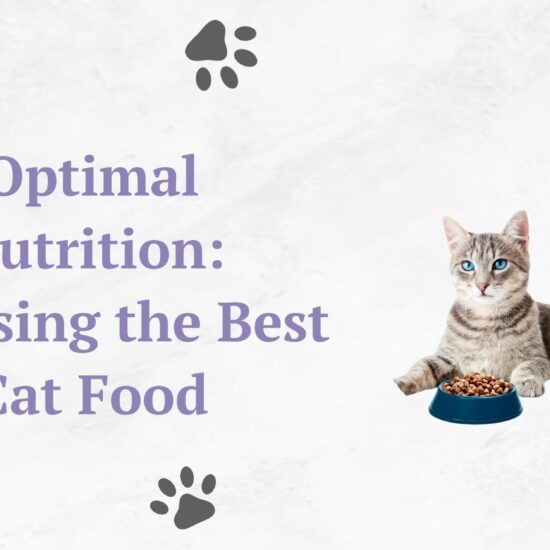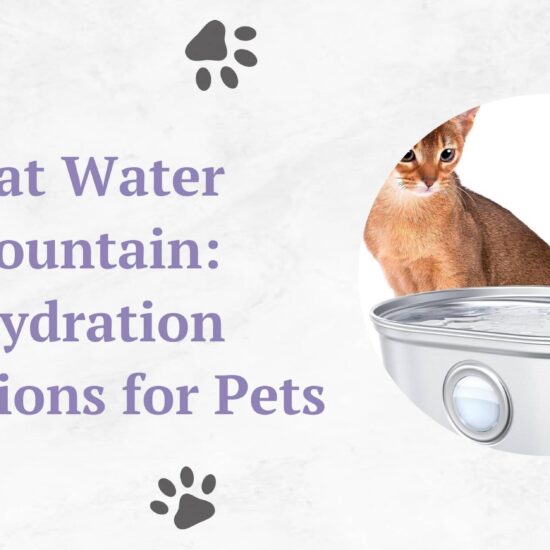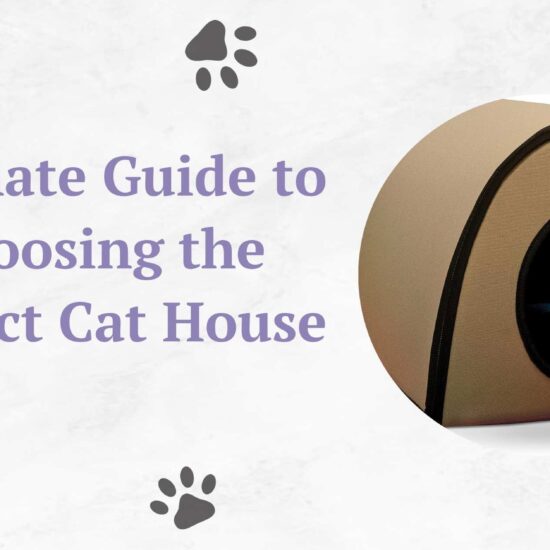Cats are sensitive animals with specific demands. They require distinct diets depending on their stage of life. First-time cat parents need to realize that, despite their fondness for a particular meal, cats cannot eat it all.
Introduction
Diet Cat food between the ages of one and twelve months should eat high-protein diets since kittens require more nutrients for muscular growth and development. Their digestive tracts are not fully formed for them to eat adult cat food. Additionally, cats can have diverse palates; some may love fish, while others may prefer chicken. Choosing the best cat food for your adult cat is essential because of problems like coat loss and weak bladders that are prone to illness.
Should I feed my cat dry or wet cat food?

It will be entirely up to your cat’s preference as to whether to feed dry or wet food. When it comes to their preferences, cats are extremely picky. Given the distinct textures and scents of wet and dry cat food, feed them both and observe which ones they eat and which ones they discard if you’re not sure which they prefer. In case your cat has a preference for dry food, keep in mind that a surprisingly tiny quantity can give them a square meal. To ensure that they are receiving the appropriate amount, you will probably need to weigh this out so as not to overfeed them. They might drink a little bit more than if they were eating wet food because it contains less water. Always remember to supply clean water.
What food should I Give my kitten?

Kittens’ demands differ from adult cats’ until they are completely weaned. Since they are still developing, they require a distinct dietary balance to stay healthy. Choose food that is appropriate for your kitten’s age when you go grocery shopping. Though you should always double check the age on the packet, most kitten food is generally suitable for kittens up to 12 months old.
Vegetarian, vegan and raw diets for cats

Cats are obligate carnivores, meaning they require meat in order to survive and remain healthy. Their digestive tract isn’t set up to handle a plant-based diet, and they need meat to obtain some essential elements and proteins. Because of this, we do not advise giving your cat a vegan or vegetarian diet. Consult your veterinarian first if you’re thinking of giving your cat a raw diet. Certain comprehensive raw cat feeds that are sold commercially can satisfy all of your cat’s dietary requirements. Rather than attempting to produce a raw diet yourself, which may be tricky to ensure your cat is receiving a balanced meal and may even make them ill if done incorrectly, it is preferable to use these.
Can cats eat human food?

Giving your cat human food might upset their nutritional balance, and not all human food is suitable for cats to eat, so you should avoid doing so. We suggest using pet stores or supermarkets to get cat treats if you truly want to treat your cat to something unique. On the other hand, your cat can safely have an occasional treat of a very little amount of freshly cooked fish or chicken. Steer clear of giving your cat dairy or liver since these can cause health problems.
Health Needs Across Different Life Stages
● Kittens

During their first year of life, kittens use a lot of energy as they develop. They require calcium for healthy bones, meat-based protein, and fatty acids, such as DHA, for normal neurologic development. Soft food is also beneficial to kittens when they move from milk to solid food. As long as the diet is nutrient-balanced for kittens, either cat pates or watered-down canned food can work wonders.
● Adult Cats

When your cat reaches the age of three, you can consider them fully adult. Pick a meal that has a good ratio of protein to fat at this age. You could search for taurine as well. Cats are more likely to get obese at this point, so watch what they eat. The portion amount listed on the food container is an estimate, therefore you should modify it according to your cat’s activity level.
● Senior Cats
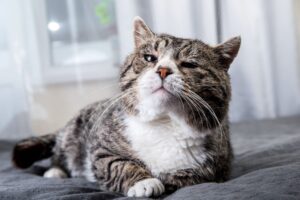
When your cat is close to eleven years old, it’s time to consider him or her a senior citizen. As your cat’s activity level changes, start adjusting the food’s calorie content. Keep an eye on your hydration throughout this phase. You will need to make up for the increased likelihood of older cats drinking too little water.
Note: There might be affiliate links mentioned here. We may receive a commission if you purchase a product through an affiliate link. There is no additional charge for you. Please do your own research before making any online purchases.
Is Raw Food Healthy for Cats?

Despite their inherent carnivorous nature, cats shouldn’t only consume raw food diet for cats. While indoor cats cannot hunt, kill, and consume their prey, cats in the wild can. Furthermore, when a wild cat eats its prey, it swallows the entire animal, including the fur, bones, and stomach contents. Many of those nutrients are absent from the meal when you serve raw meat to your cat.
What To Avoid in Cat Food?

Myths abound about what pet owners should and shouldn’t feed their felines. For instance, a lot of cat owners in the past few years have fed their pets solely meat. Although this appears to be a sensible decision, cats actually require certain carbohydrates in order to obtain the fiber required for proper digestion of hairballs and prevention of constipation.
Nutritious carbohydrates such as brown rice or oats can help your cat’s digestive system. Another popular idea among cat owners is grain-free, yet most cats can benefit greatly from tiny amounts of grains. Having said that, there are certain items you should stay away from if you want to feed your cat a nutritious diet.
How To Choose Healthy Cat Food?
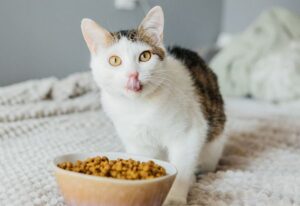
Protein from a premium animal source need to be the first ingredient stated in cat food since cats require a lot of protein in their diets. The first clue that you’ve probably found a high-protein food is if protein appears first on the ingredient list. While protein quantity is significant, it’s also crucial to consider the proportion of protein derived from plant-based sources such as lentils, corn, and peas vs animal sources.
The sole sources of taurine and arginine, two amino acids that cats need, are animal protein. A best diet cat food with insufficient taurine may experience problems in the neurological system, blindness, heart failure due to dilated cardiomyopathy, and infertility. High blood ammonia levels can result from insufficient arginine and trigger seizures.
Conclusion
Cat food is typically at the top of your priority list as a cat owner, regardless of whether you’ve just brought home a brand-new kitten or have an elderly cat that is having trouble maintaining a healthy weight. Sadly, a lot of cat meals available today don’t live up to their labeled health claims. This advice can help you choose healthy cat food if you are a watchful feline owner.


